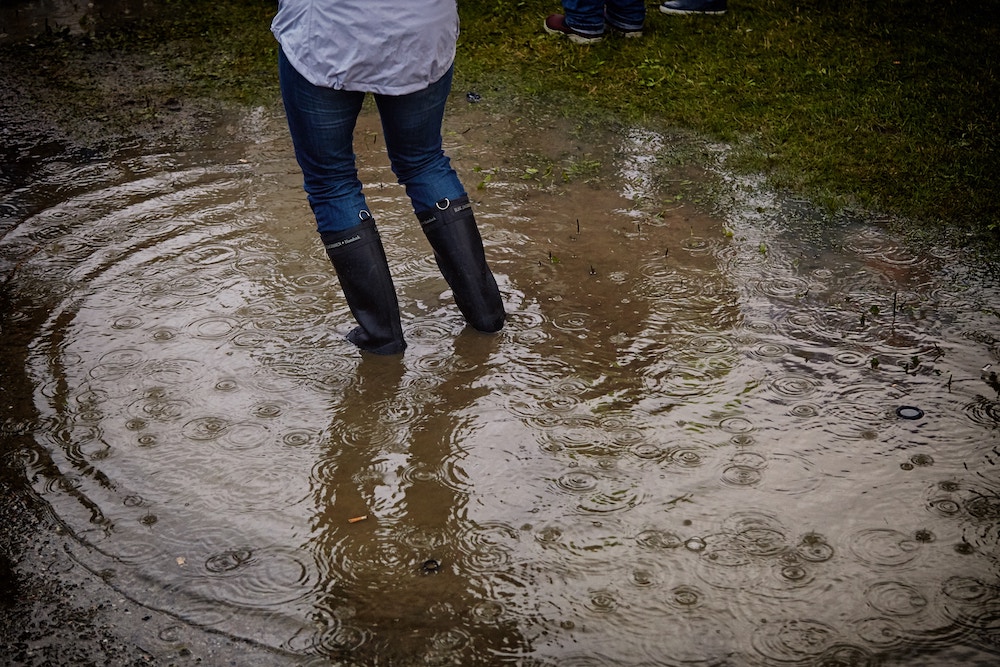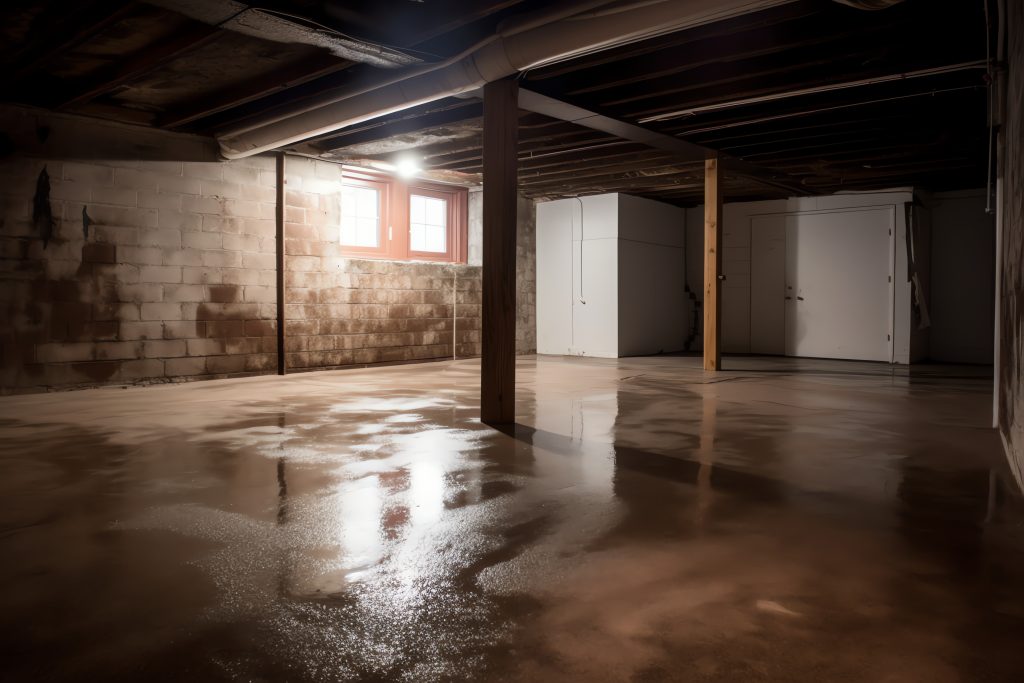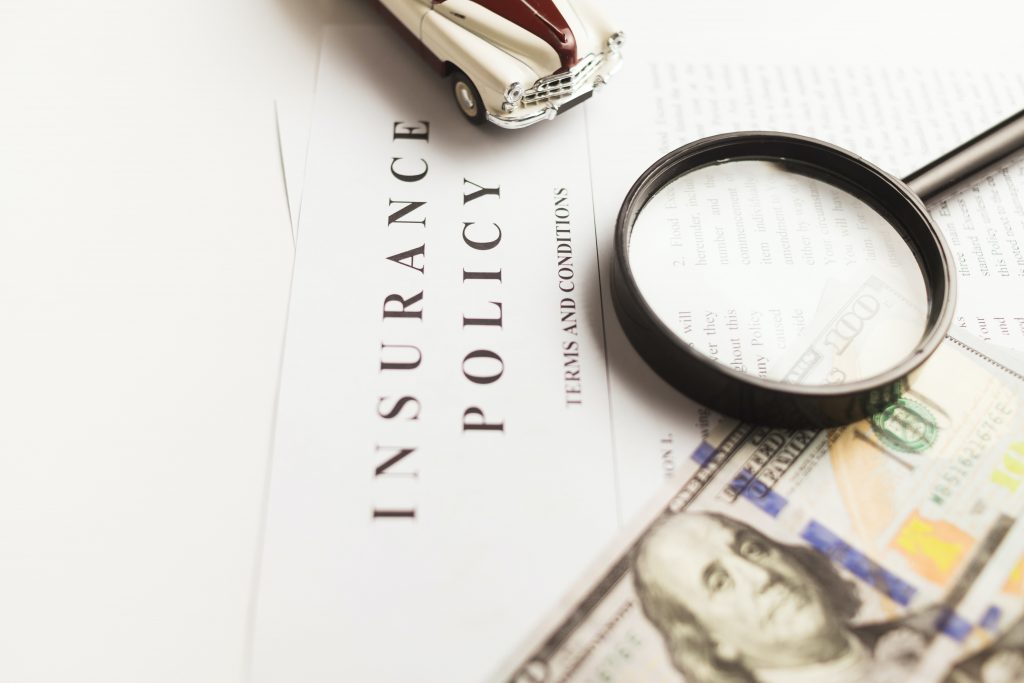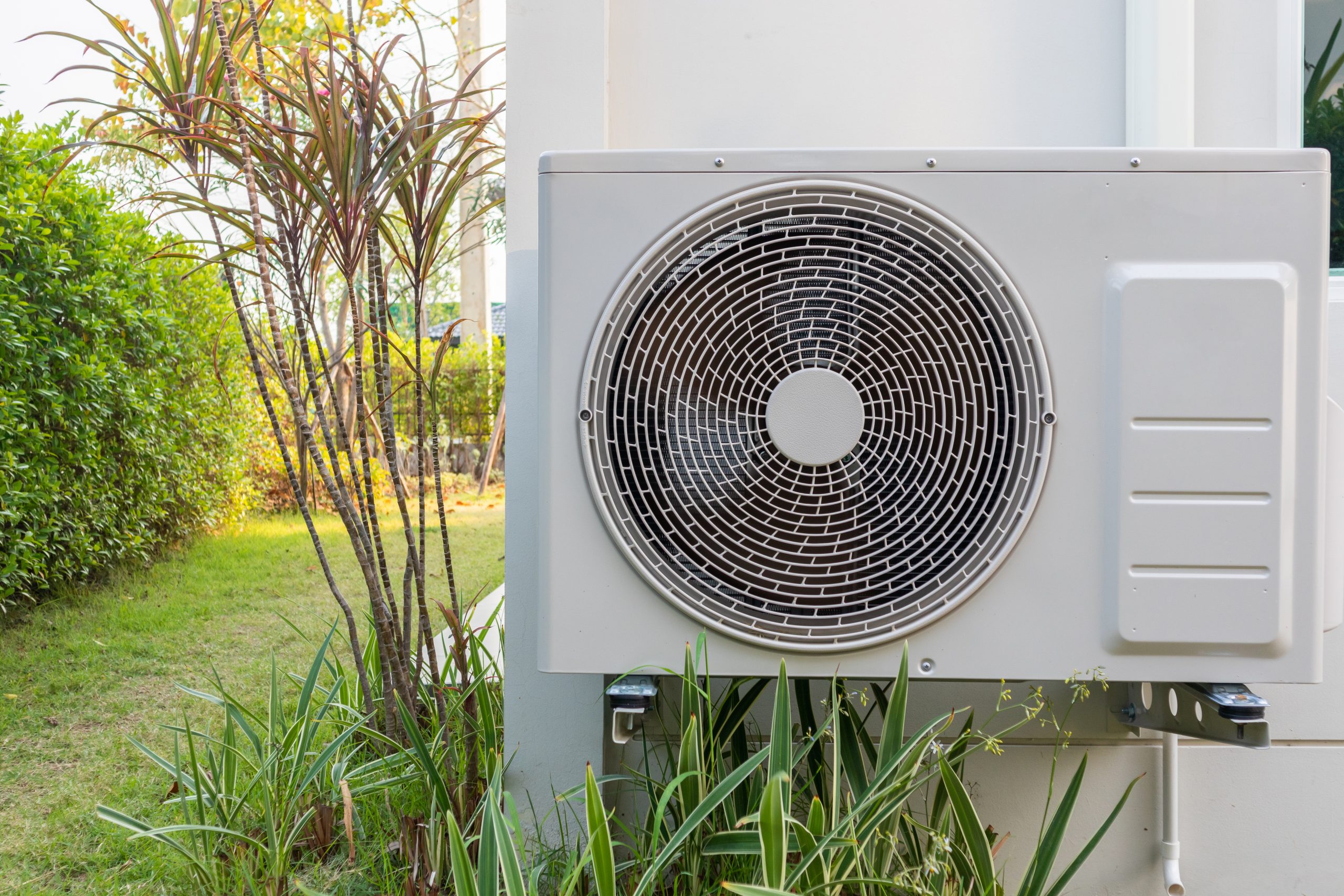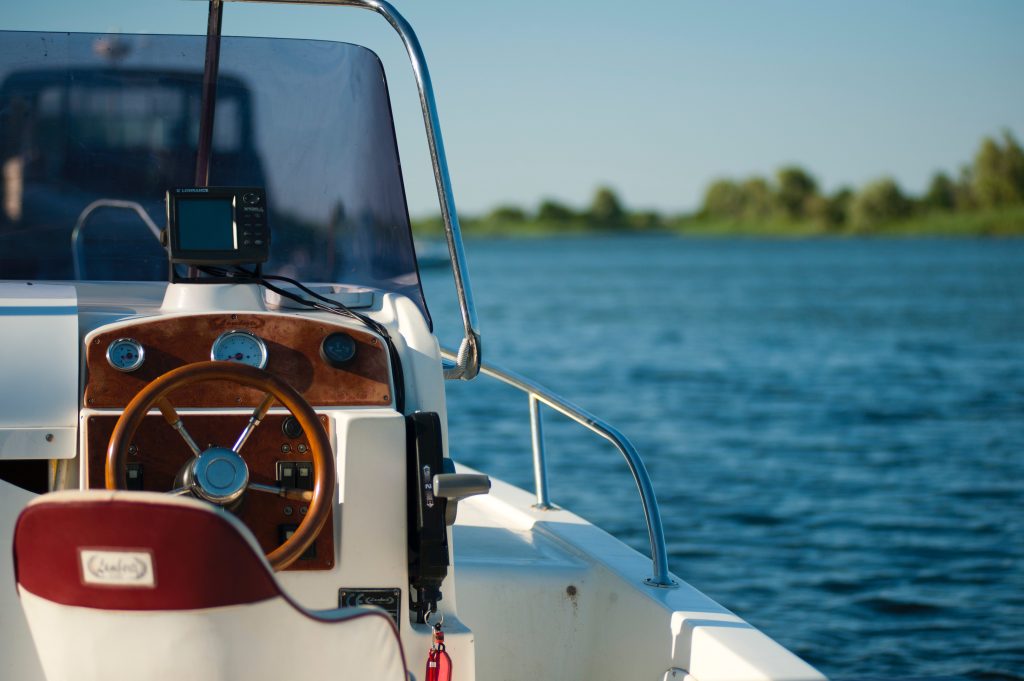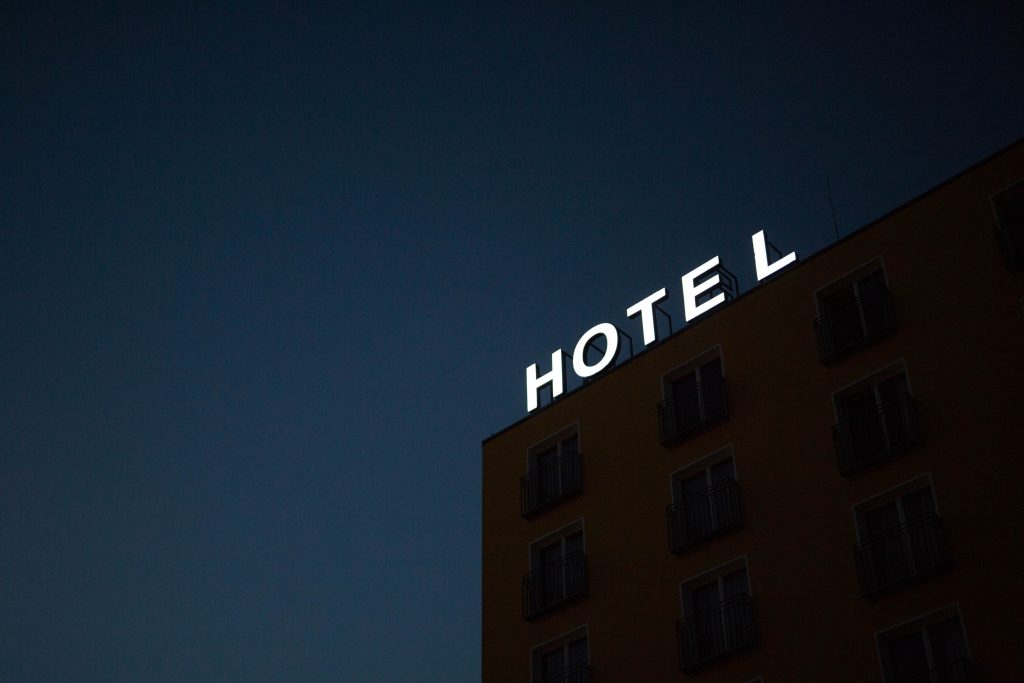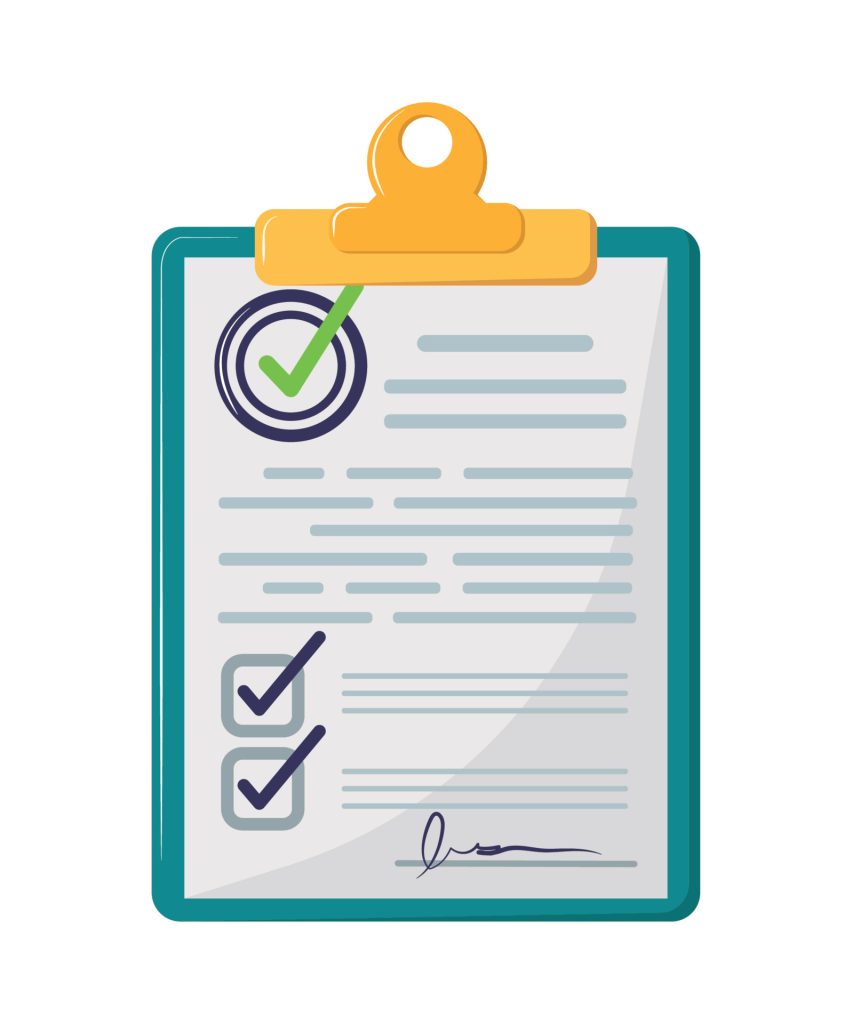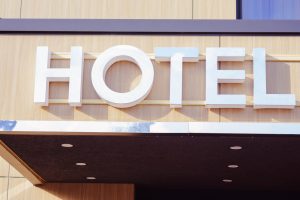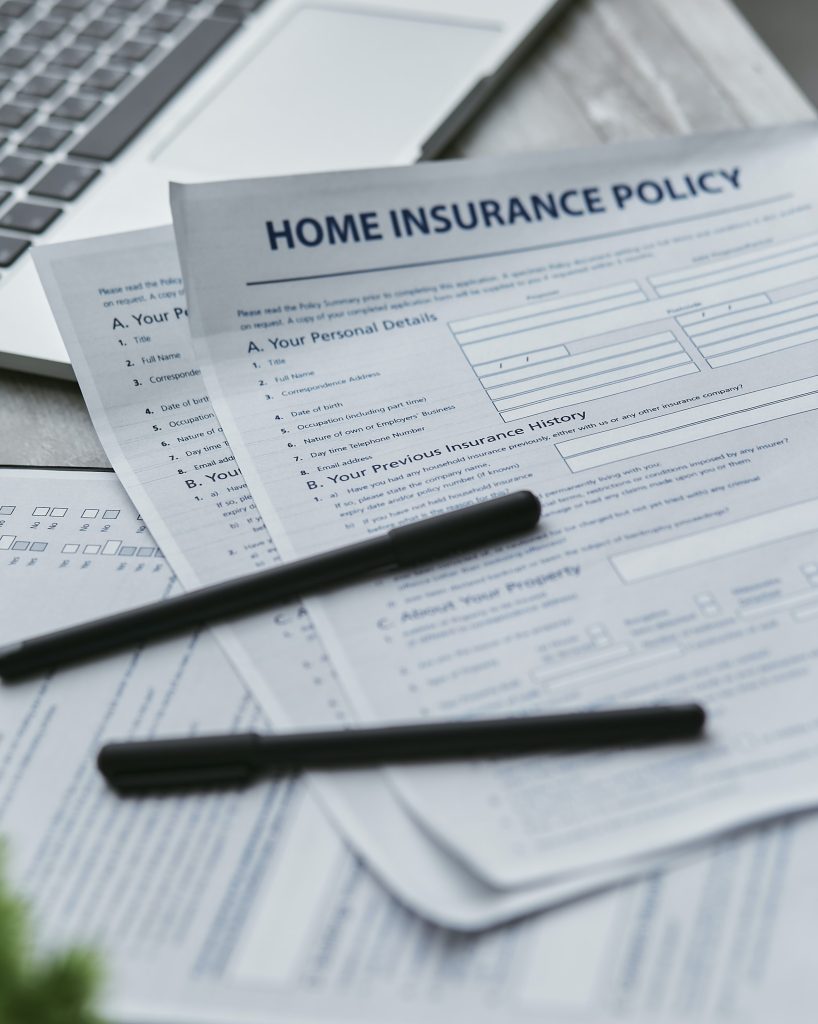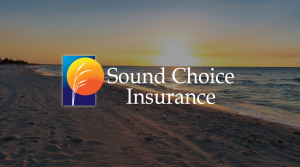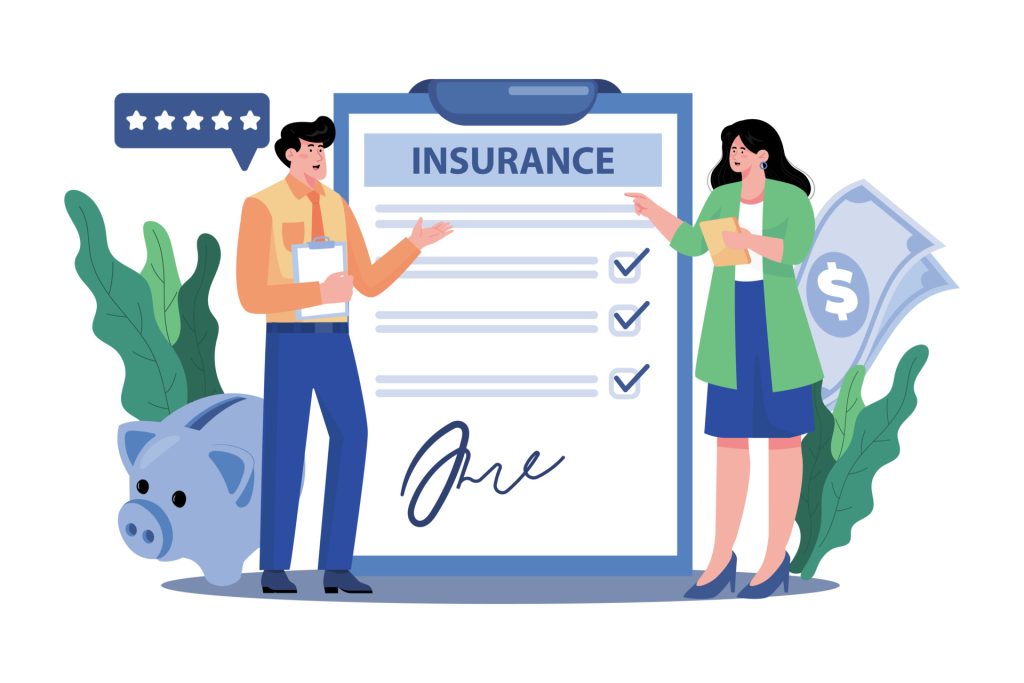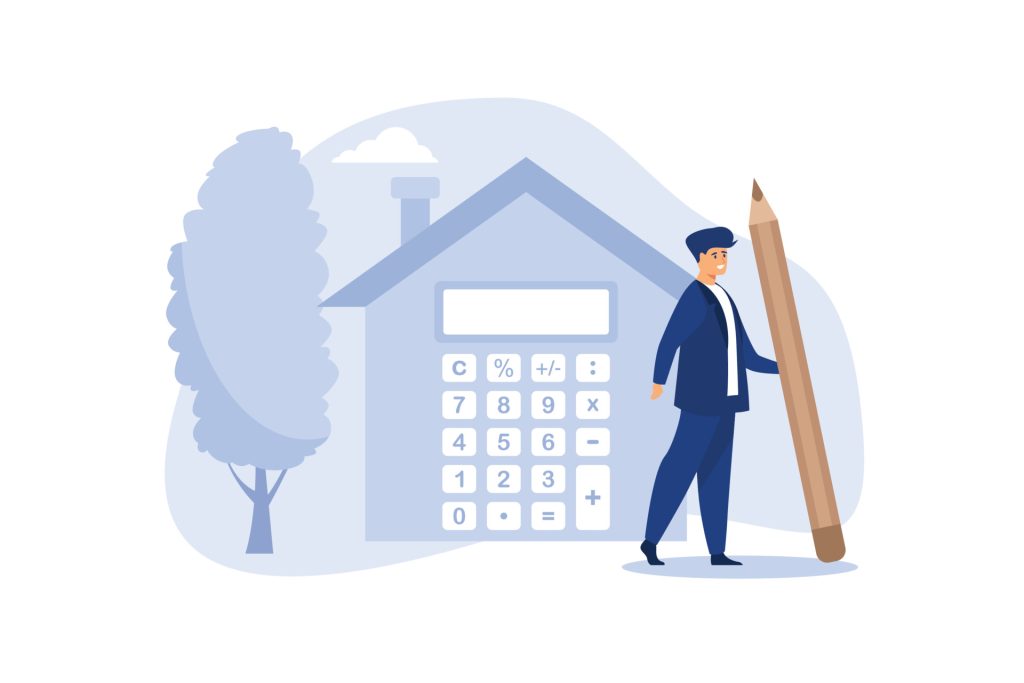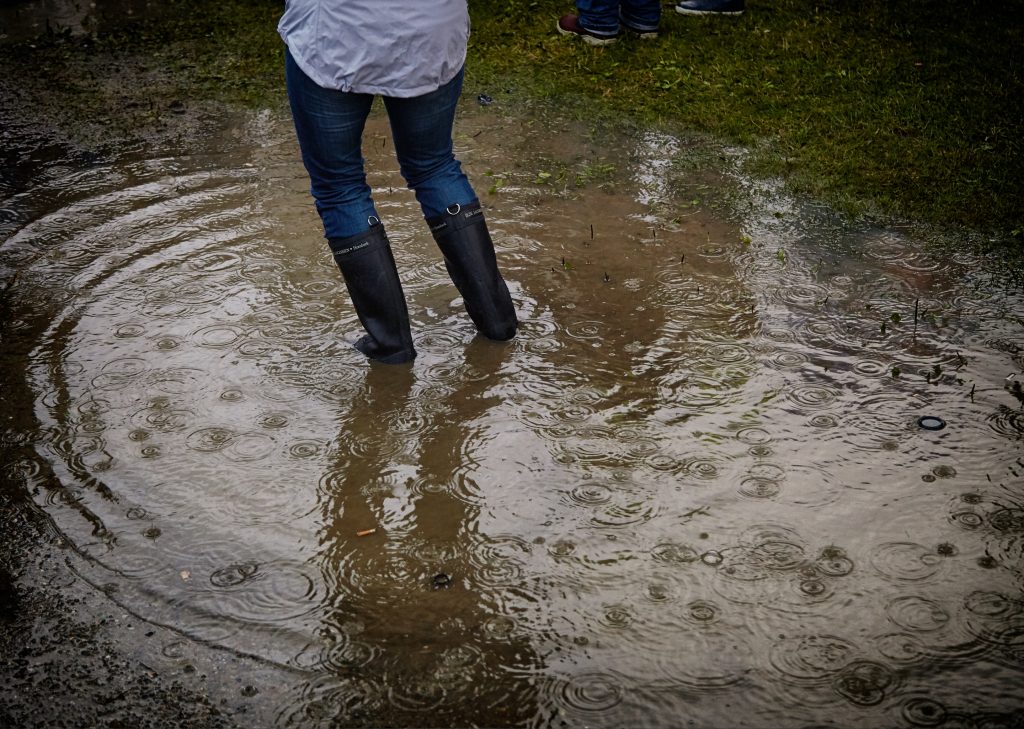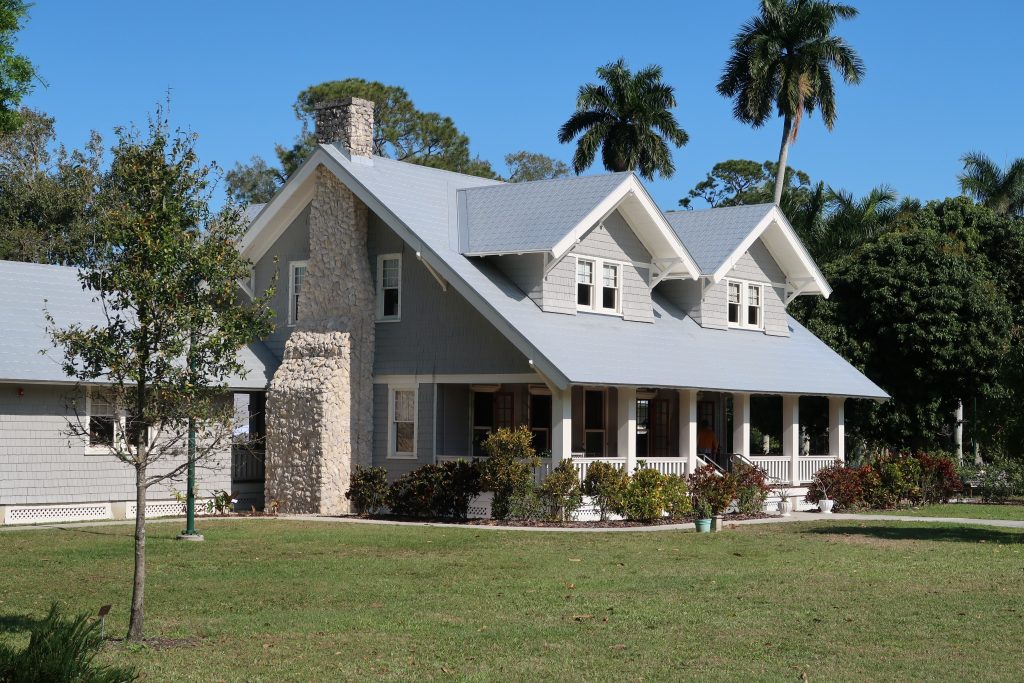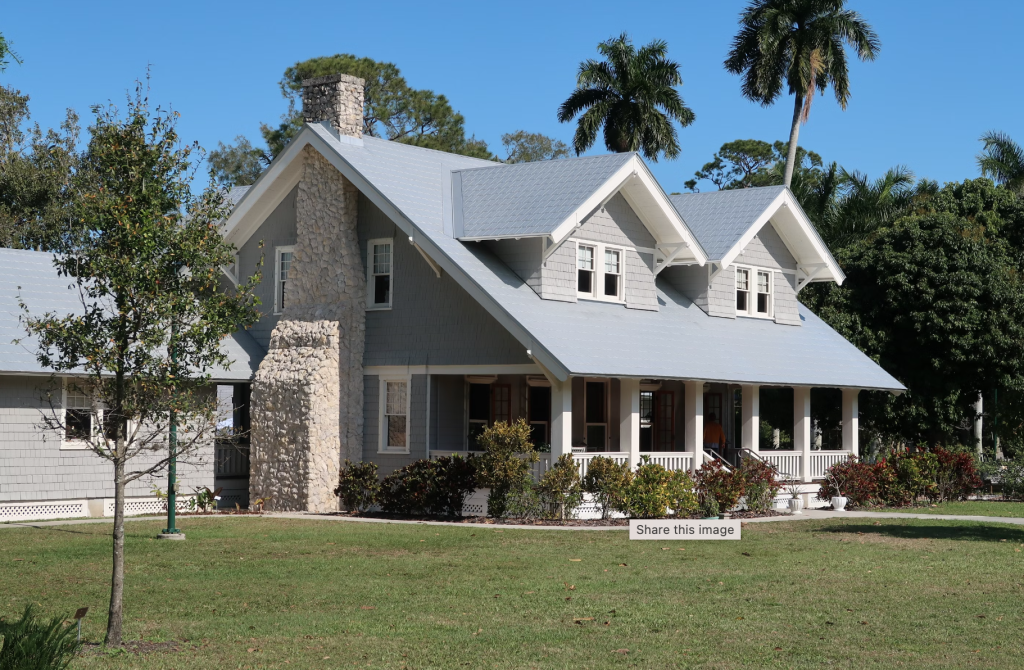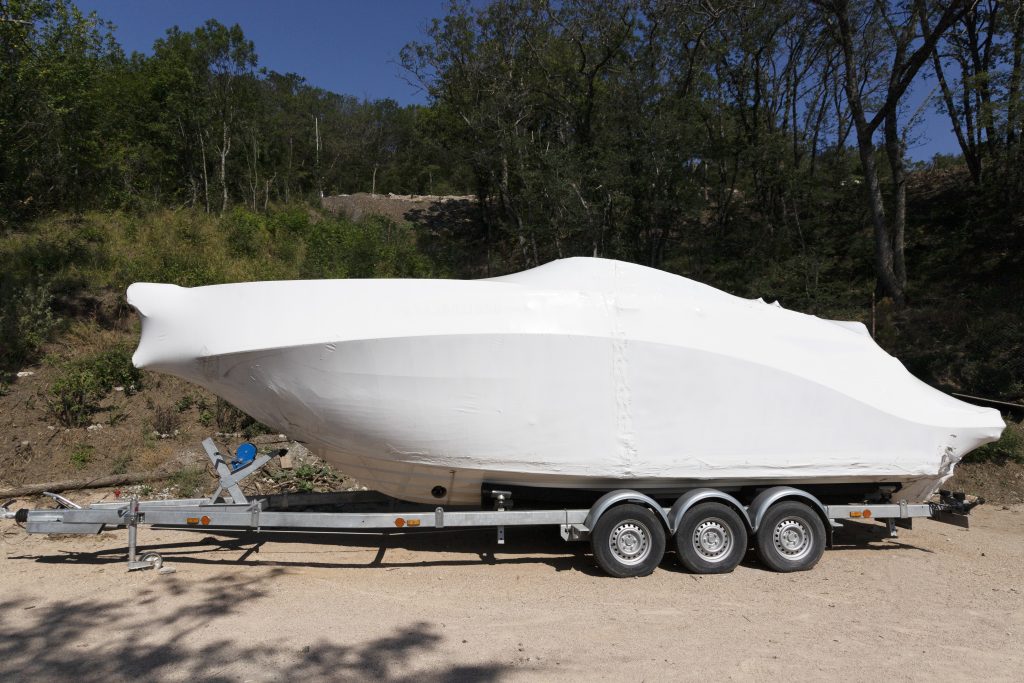
Imagine this: Your boat is gleaming, the gear is packed, and you’re finally hitting the road, boat trailer in tow. You’re dreaming of open waters… when suddenly, a bump, a wobble, or worse. While you know your boat is insured for the water, have you ever stopped to wonder if your boat insurance truly covers the trailer that carries it? It’s a key question many boat owners overlook, and understanding the answer can save you a significant headache down the line.
Boat Trailer Insurance: What You Need to Know
Your Boat: Covered. Your Trailer: Maybe Not.
Many boat owners assume their boat insurance policy automatically covers their trailer. Unfortunately, that’s often not the case. Your standard boat insurance policy is typically designed to protect your boat itself – including its motor, equipment, and accessories.
- Think of it like this: your car insurance covers your car, but it doesn’t necessarily cover a camper or utility trailer you might pull behind it, right? Boat insurance often works similarly for trailers.
So, what are your options for trailer coverage?
- Boat Insurance Endorsement: Some boat insurance providers allow you to add your trailer to your boat policy as a separate “endorsement” or “rider.” This is an extra layer of coverage specifically for the trailer. It’s usually the most convenient way to insure it alongside your boat.
- Personal Auto Policy (Limited Coverage): If your boat trailer is hitched to your vehicle and gets into an accident, your personal auto insurance policy might provide liability coverage for any damage or injuries you cause to others. However, it generally won’t cover physical damage to the trailer itself or to your boat if it’s damaged in the incident.
- Separate Trailer Insurance Policy: For very expensive or custom trailers, you might consider a standalone trailer insurance policy. This is less common but could be an option if your trailer’s value warrants it.
The key takeaway? Don’t assume!
Always check your specific boat insurance policy or talk to your insurance agent to confirm if your trailer is covered and to what extent.t of the overall coverage for the boat. This may include coverage for damage to the trailer, theft of the trailer, and liability coverage while the trailer is in use. Other policies may require a separate endorsement or rider to provide coverage for the trailer. It is important to review the policy carefully to understand the extent of coverage for the trailer.
- If a boat owner is unsure if their boat insurance policy covers the trailer, they should contact their insurance agent or provider to discuss the policy details. Here at Sound Choice Insurance, we are able to help you look through your policy and understand whether or not your trailer is covered by your boat insurance policy. If it is not, we can help you find a way to get the trailer covered. It is important to know the limits and exclusions of the policy to ensure that the trailer is adequately covered in the event of an accident or damage.
- It is worth noting that boat insurance policies typically cover only certain types of boats, such as powerboats, sailboats, and personal watercraft. Some policies may also exclude coverage for certain activities, such as racing or commercial use. It is important for boat owners to review their policy carefully to ensure that their vessel and trailer are covered for their specific needs.
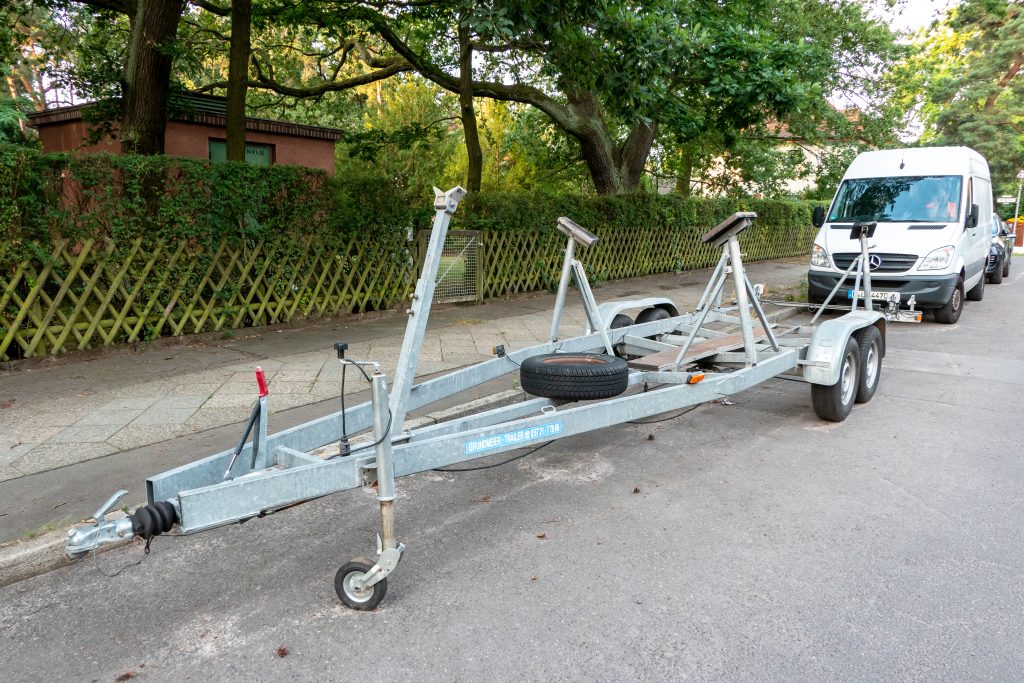
Why Trailer Coverage Matters
Your boat trailer faces unique risks:
- Accidents on the Road: Collisions, jackknifing, or even a sudden tire blowout can damage your trailer.
- Theft: Unattended trailers can be a target for thieves, especially if they’re detached from your vehicle.
- Damage While Parked: Your trailer could be hit by another vehicle in a parking lot or damaged by weather even when not in use.
Having the right coverage means you won’t be left paying out-of-pocket for costly repairs or replacement if your trailer is damaged or stolen.
Protecting Your Summer Fun (and Your Investments!)
Proper insurance is crucial for enjoying all your summer adventures without worry. As the National Association of Insurance Commissioners (NAIC) points out, it’s vital to “re-evaluate your insurance risks and needs before engaging in summer fun.” (NAIC, “Consumer Insight: Summer Safety – Are you insured for summer fun?”). While a standard homeowners policy might offer very limited coverage for small boats, larger boats and their liability risks are typically excluded and require a dedicated boat insurance policy.
- This principle extends to your trailer: understanding its coverage ensures you’re prepared for any unexpected bumps in the road.
Beyond insurance, simple steps can further protect your trailer:
- Regular Maintenance: Check tires, lights, brakes, and hitches before every trip.
- Anti-Theft Devices: Use wheel locks, hitch locks, or even GPS trackers.
- Secure Your Boat: Always properly strap and secure your boat to the trailer before hitting the road.

Your Local Experts for Boat & Trailer Insurance!
Navigating the nuances of boat and trailer insurance can feel complex, but you don’t have to do it alone. At Sound Choice Insurance, we’re here to simplify the process and ensure you have the coverage you need.
As an independent agency, we work with multiple top insurance carriers. This means we can shop around to find you the best boat insurance policy – one that not only protects your valuable boat but also offers the right coverage for your essential trailer. We’re dedicated to helping you understand your policy so you can enjoy your time on the water, worry-free.
Whether you’re hitting the waves in Morehead City, Emerald Isle, or anywhere across North Carolina, we’re your local experts for personal insurance solutions.
Ready to get a clear picture of your boat and trailer insurance?
- Contact Sound Choice Insurance today for a personalized boat insurance quote and review your current coverage! Get Your Free Insurance Quote Here!
- Explore more tips for staying safe and insured this summer: Read the NAIC’s Summer Safety Guide!
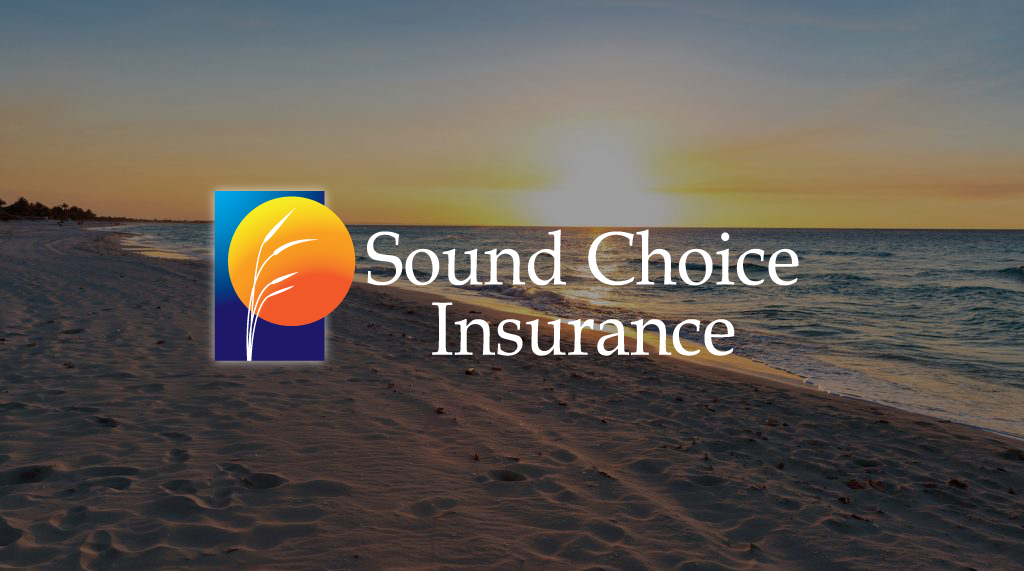
Let us help you make the sound choice for your boating adventures!

